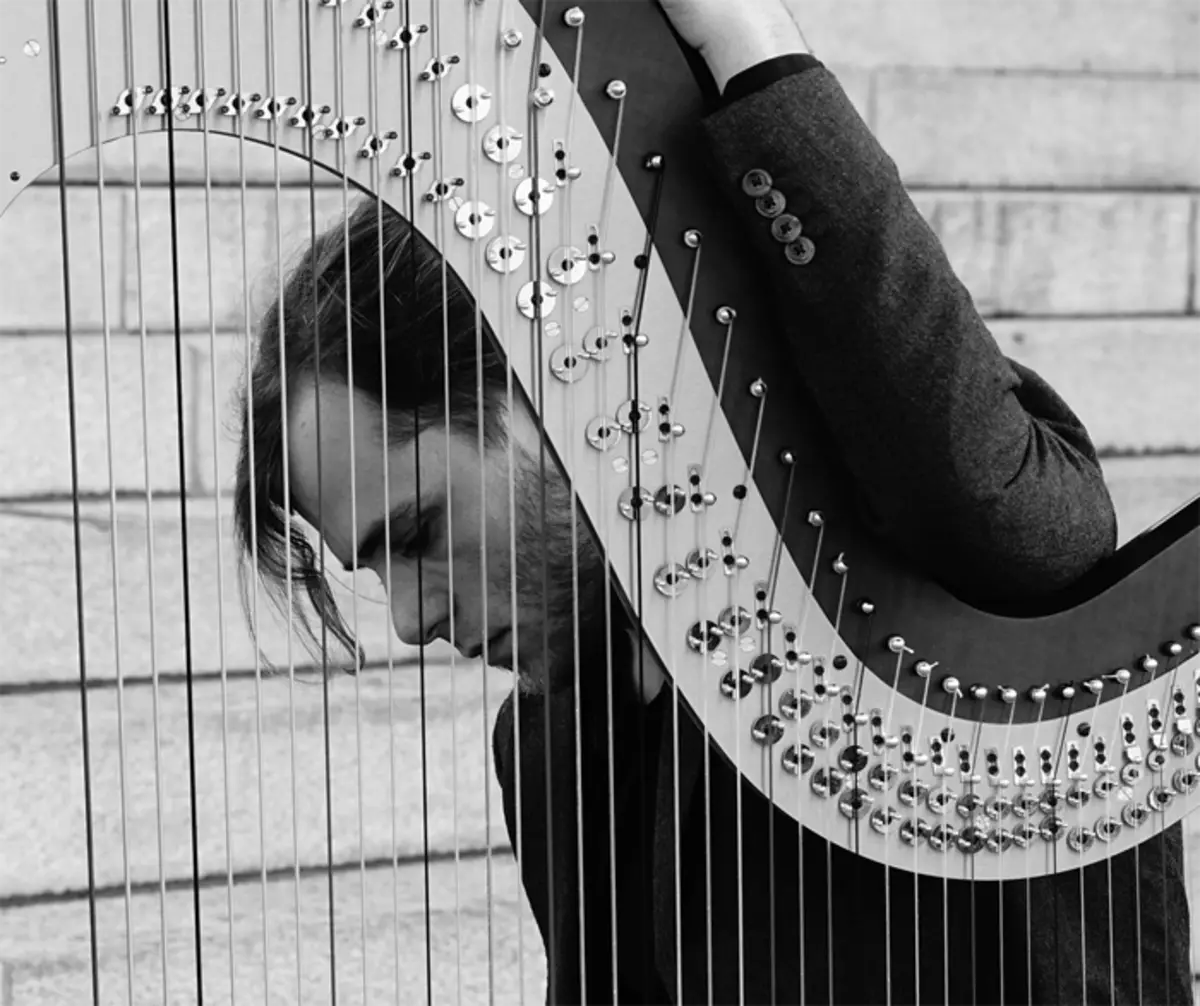"And I like classical music more," - how much this phrase lifts intelligence and mystery in the modern company. Girls are envy to the tongue, the guys are sitting closer, and the business grows in a bought on the entire season of the lodge in a large theater come off from their laptops. But one phrase, of course, is not enough. If she is hidden "Chopin - Garden of Eden" or "Beethoven - Tears Melody", then it's bad: this is just the compositions of neo-classics (we will say later), written in our time and in no way relate to the great composers 300- summertime. And in order not to lose face, we urgently need a small training in the world of music.
Think: Where do you hear classical music, if not in concert halls? In advertising on TV, in some films, on the radio for drivers with a developed outlook or in trendy modern restaurants. It seems that it creates a feeling of peace and a creative mood, but this is only the top of the iceberg. Without a constant sharp rhythm of shock and guitar reefs, our short ear does not perceive more complex structures inherent in classical music. And in order to feel the taste of musical diversity, you need to gradually teach the ear to the reasons and harmonies, inner streams and polyphonies (almost the one that was so advertised by the creators of mobile phones for two more decades ago). You must be as an experienced sommelier - to be able to feel the taste notes, of which the music is, the viscosity of its structure and then decide - it is suitable for you or not.

"It is necessary to realize that the" classic "is divided into a whole world of various temporary segments that are a continuation of each other"
Why start? First of all, as any process, this path requires time and methods. Create your playlist "immersion in the classics" and add only those compositions that you would have listened again. It is necessary to realize that the "classic" is divided into a whole world of various temporary segments that are a continuation of each other.
I would compile such a list according to the degree of perception by modern man - classic and romance, baroque, impressionism, twentieth century, Renaissance, Avangard. But it is not necessary to switch gradually, you can add the compositions from different styles and genres each time. Almost every composer in total wrote from 30 to 300 hours of music, so the choice is great, but initially concentrated better on the hits. On the Internet there are wonderful selections of popular classical music.
When to listen to classical music? For each individual case, of course, there is a music that is optimally suitable for the place. On the go, in transport, in noisy places boldly turn on the symphony music of non-rented classics - Mozart, Beethoven, later Brahms or the monumental work of Maler. For work, piano music is well suitable, easily turning into the background: Debussy's preludes, Eric Sati's play, Sonata Prokofiev and absolutely all works of the Great Romance Chopin.
After reaching the house and ending my household routine, try to put the opera arias and romances: a selection of the most famous operas fragments, as well as the romances of Russian composers Rakhmaninov and Glinka will create a harmonious and raised atmosphere.

"For each individual there is its own music, optimally suitable for the place"
Evening rest - jazz time ... or experiments? Put a lightweight classic with a soling violin: Bach and Vivaldi concerts, Mendelssohn and Paganini, Ravel and Grieg. She will create melodious peace, enveloping and transforming everything around. Or you can safely go to mystical gave fashion composers who created their own unique style: ARVo PRIA, Yang Sibelius, Alfred Schnitka.
Where to find a classic? Now music is available almost everywhere! Evaluating more and more in their feelings, knowing his response to music, you can expand your horizons and add more and more works. Classical music is a whole world that gives food and soul, and consciousness.
